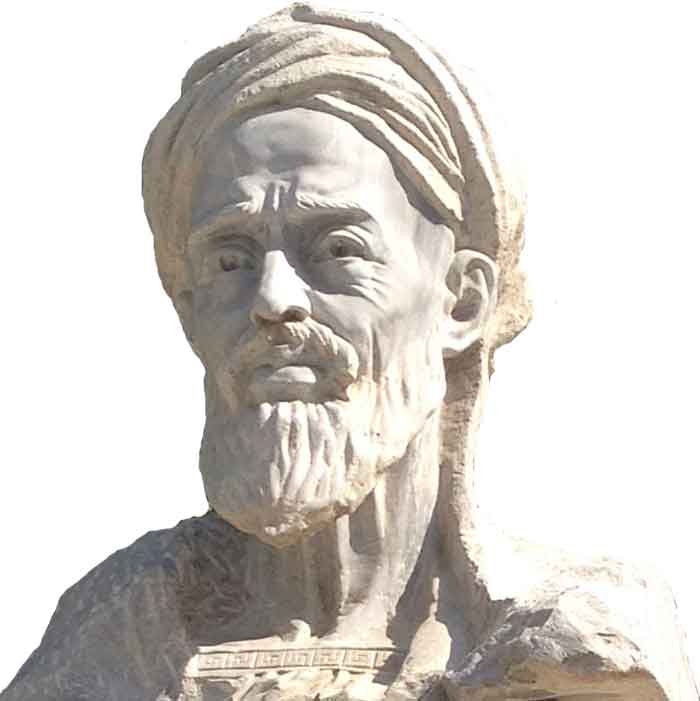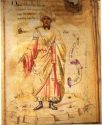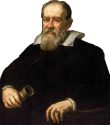 Avicenna was a famous physician, astronomer, philosopher, and thinker of the Golden Era of Muslims. He is very famous due to his work on medicines and cures of various diseases. His books on medicines were used to teaching students from the 11th century to the 17th century. Due to this reason, he is also referred to as the father of modern medicine.
Avicenna was a famous physician, astronomer, philosopher, and thinker of the Golden Era of Muslims. He is very famous due to his work on medicines and cures of various diseases. His books on medicines were used to teaching students from the 11th century to the 17th century. Due to this reason, he is also referred to as the father of modern medicine.
Early Life
Avicenna, also called Ibn Sina, belongs to present-day Uzbekistan and was born in 980. When he was a few years old his family had to move to the city of Bukhara for some reasons. He completed his education on Islam, math, and medicine when he was just 13 years old.
At the age of 16, he became a famous physician in his area. He also studied many books on metaphysics, astronomy, and natural sciences. He became so famous that, he was invited by the king of Bukhara for the treatment of a disease that many famous physicians of that time were not able to treat. He successfully treated the king and became his loyal physician from that time. He was also allowed to enter in the royal library of the king where he continued his research and discovered many things.
After the death of Bukhara’s king, he had to leave Bukhara city due to some political enmity from the new king. From that period, he never stayed too long in any region and always tried to migrate to different regions and nations.
Contributions
Ibn Sina wrote many books in many fields, but his most famous works are in the field of medicines. Some of his main contributions are:
- The Canon of Medicine – Ibn Sina (Avicenna) wrote one of the most useful and famous books on medicine, called Al-Qanun Fi At-Tibb (meaning: the Canon of Medicine). He wrote this book and several volumes in which wrote about most of the diseases descriptively. He also wrote about their cures and discussed many medicines. Also, he hypothesized about smaller organisms that can’t be seen with naked eyes (bacteria) that cause various diseases. Canon of Medicine was so popular in Europe in the 16th century that more than 60 times of printing is recorded. Reading of this book was one of the fundamental requirement for becoming a physician prior to the 17th
- The Book of Healing – It is the book on geology in which Ibn Sina discussed the formation of some geological features, such as mountains. He discussed that the formation of mountains can be caused by earthquake and cutting of water through the land that creates valleys and uphill.
- Work on physics – Ibn Sina also wrote about physics in the Book of Healing. He discussed the projectile motion in which he said that the motion of projectile depends on the inclination of the thrower, and the motion will not stop in vacuum.
Facts
- Ibn Sina (Avicenna) was died in 1037 due to severe of the pain in his body. He never took care of his health due to research work in the last years of his life.
- Ibn Sina (Avicenna) accidentally burned the whole library of the king of Bukhara. Some historians suggest that it was a conspiracy against Ibn Sina.
- Avicenna is the Latinized name of Ibn Sina which was given to him after many centuries during the dawn of westerners.





